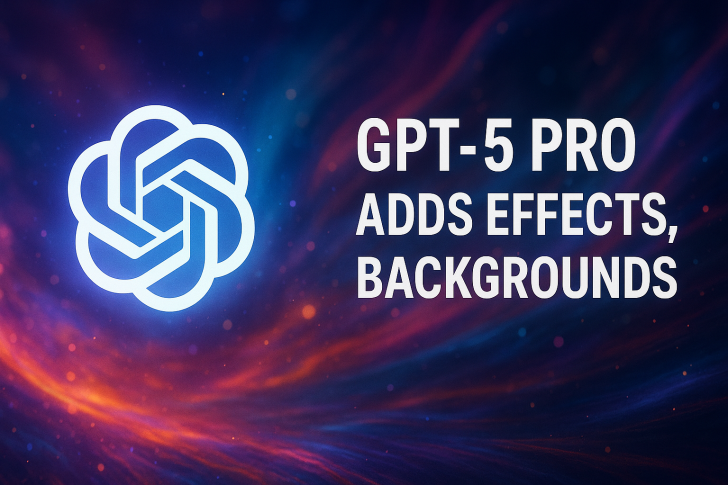This represents something bigger than just another model upgrade—it's AI crossing the threshold from helpful assistant to actual research collaborator, actively pushing the boundaries of human knowledge.
From Assistant to Research Partner
AI commentator Chubby recently shared remarks from OpenAI researcher Alex Lupasa revealing that GPT-5 Pro has already contributed to genuine scientific discoveries. Earlier GPT versions handled text generation, summarization, and coding pretty well. But GPT-5 Pro does something different. It's actually helping scientists test hypotheses faster, crunch through massive datasets that would take humans months to analyze, and suggest novel research directions in physics, chemistry, and life sciences. We're watching AI evolve from a tool that executes commands into something that can genuinely expand what's possible in research—not by replacing scientists, but by dramatically accelerating the pace and scope of their work.
What GPT-6 and GPT-7 Might Bring
If GPT-5 Pro can already support real scientific innovation, the next iterations could be genuinely transformative. GPT-6 and GPT-7 are expected to bring major improvements in reasoning depth, multimodal analysis, and contextual understanding. We might see breakthroughs in drug discovery, with AI rapidly identifying promising compounds and treatments; climate research, where advanced simulations could design solutions we haven't thought of yet; and fundamental physics and space exploration, where AI could generate and test theories at speeds that currently seem impossible.
Google released their own science-focused AI model just a day before these revelations about GPT-5 Pro. This timing isn't coincidental—it shows how intensely tech giants are competing to build AI systems that can accelerate scientific discovery. OpenAI and Google are both racing to define what AI-assisted science will look like, and that competition is likely to benefit researchers everywhere.
 Usman Salis
Usman Salis

 Usman Salis
Usman Salis


